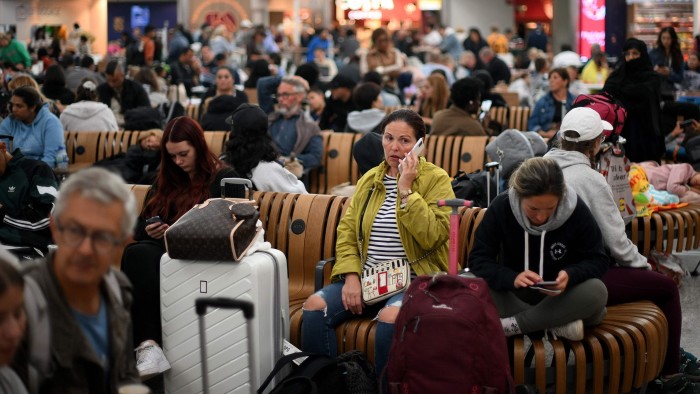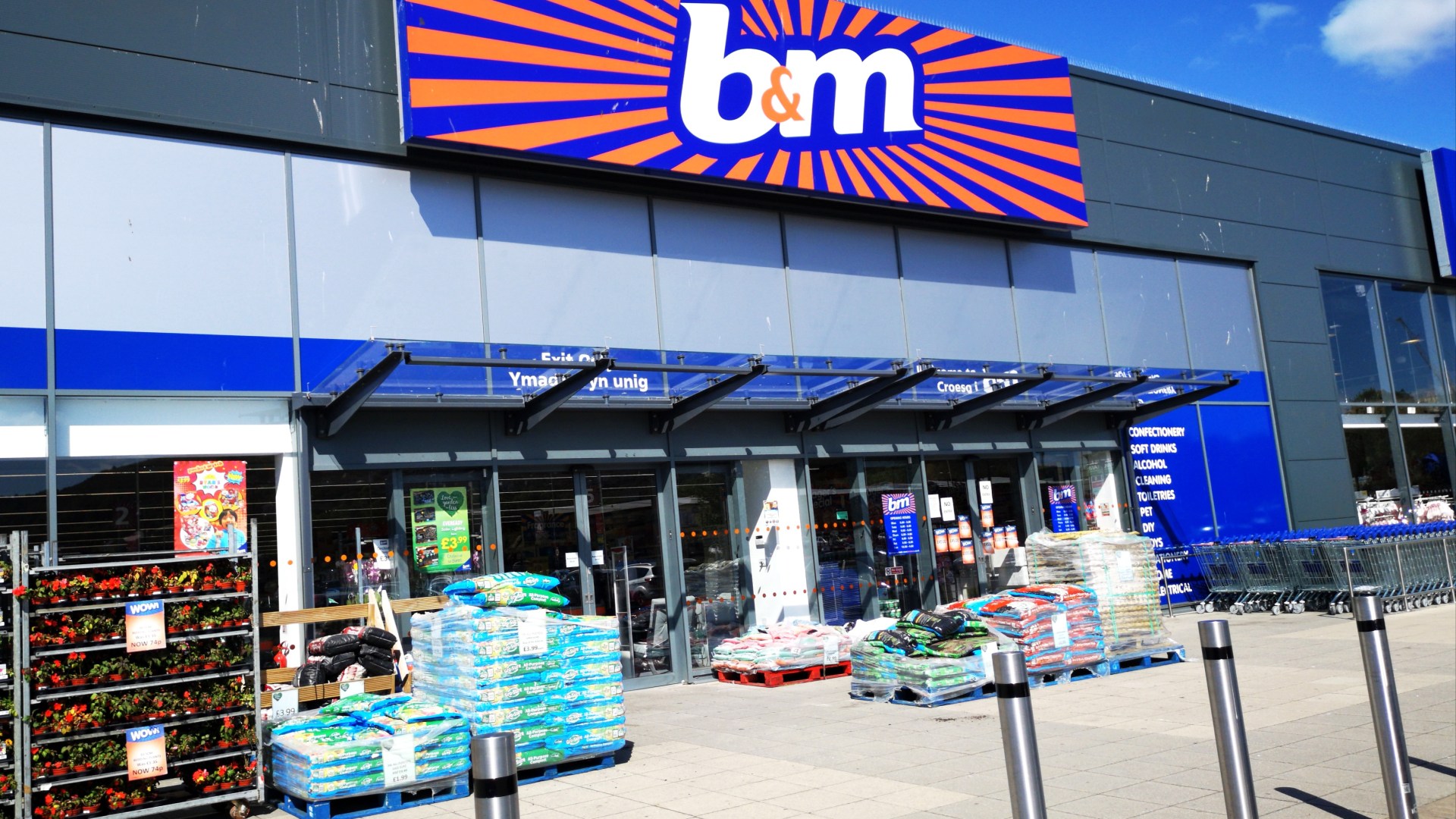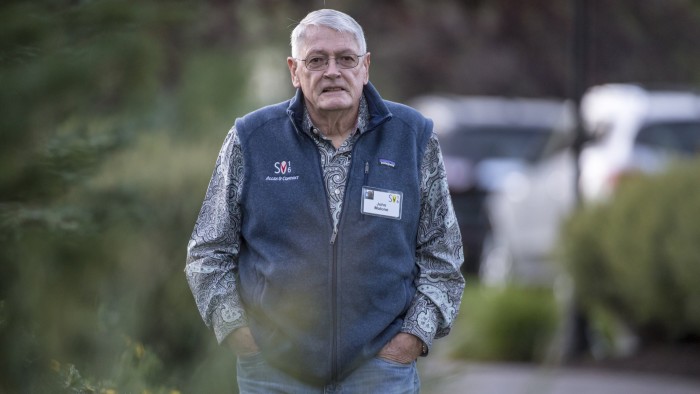The chaos caused by the failure of the UK’s air traffic control network in August 2023 cost airlines and consumers as much as £100mn, according to a report that called for the industry to improve how it handles major disruption.
An independent report commissioned by the Civil Aviation Authority made more than 30 recommendations for changes to how the industry operates, including better communication between airlines and the air traffic controller and beefed up consumer protections.
The regulator found that 700,000 passengers were hit by delays or cancellations caused by the meltdown, and costs for airlines, passengers and others were in the region of £75mn to £100mn.
The bank holiday disruption was caused by the inability of IT systems at National Air Traffic Services (Nats) to process flight plan data for a flight from Los Angeles to Paris.
“The aviation sector as a whole should work together more closely to ensure that, if something like this does ever happen again, passengers are better looked after,” said former consumer industries executive Jeff Halliwell, who led the review.
The report, released on Thursday, found the same set of technical problems were unlikely to recur. But it outlined how chaos spread from the control centre at Nats to airports across the UK, and detailed a series of issues that exacerbated the problems.
These included senior engineers at Nats being on call from home rather than in the office on a public holiday, and its IT systems rejecting one engineer’s password.
Airlines were highly critical of the information they received from Nats, saying there had also been a lack of pre-planning and training across the aviation ecosystem for such disruption, the review found.
Relations between Nats, a public-private partnership owned by a group of airlines, including British Airways and easyJet, pension funds and the UK government, and its airline customers have worsened over the past 18 months.
Airlines have complained of air traffic control and some staffing shortages at Nats, and easyJet and Ryanair have both called for the dismissal of the Nats chief executive Martin Rolfe.
Johan Lundgren, chief executive of easyJet, on Wednesday said “airlines and passengers were severely let down by Nats due to its failure of resilience and lack of planning”.
But the report also found instances of apparent failings by airlines, including examples of “poor communication” with stranded passengers and some delays in paying compensation.
It added that its work was hampered by airlines’ refusal to hand over details of impacted customers.
Ministers should respond to the bank holiday meltdown “as a matter of urgency”, legislating to beef up the consumer protection powers of the Civil Aviation Authority, the report said.
“My department will look to introduce reforms, when we can, to provide air travellers with the highest level of protection possible,” transport secretary Louise Haigh said.
Nats said it had “worked hard” to address the lessons from the incident, and “to ensure this particular issue cannot happen again”.
“We will study the independent review report very carefully for any recommendations we have not already addressed and will support their industry-wide recommendations,” it added.




























































































































































































You must be logged in to post a comment Login